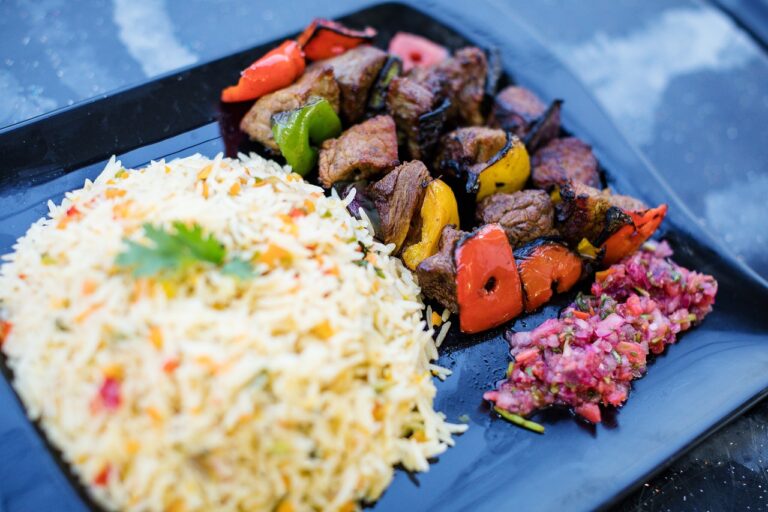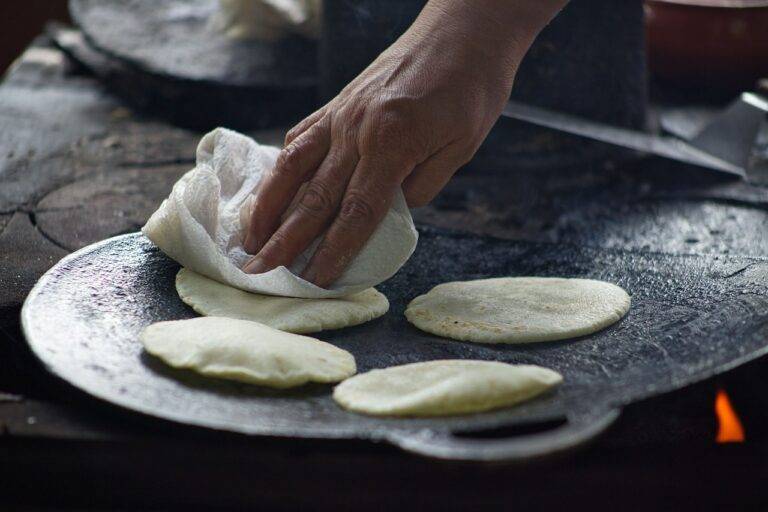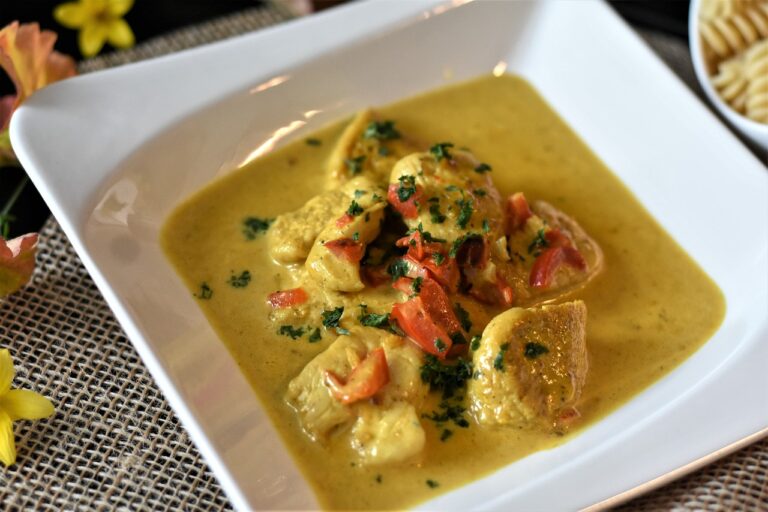Exploring the Cultural Significance of Coffee Ceremonies
betbook247 app, radhe exchange new id, play11bet:Coffee ceremonies are a significant cultural tradition in many countries around the world. This ancient practice brings people together to share in the enjoyment of coffee and connect on a deeper level. In this article, we will explore the cultural significance of coffee ceremonies, their history, and why they continue to be an important part of many societies.
Origins of Coffee Ceremonies
Coffee ceremonies have been a part of many cultures for hundreds, if not thousands, of years. The origins of the coffee ceremony can be traced back to Ethiopia, where coffee is believed to have been discovered in the 9th century. According to legend, a goat herder named Kaldi noticed that his goats became more energetic after eating the red berries from a certain tree. Curious, he tried the berries himself and experienced a similar burst of energy. He shared his discovery with the local monks, who used the berries to create a drink that helped them stay awake during long hours of prayer.
Over time, the coffee ceremony evolved into a social ritual that brings people together to share stories, bond over a common interest, and strengthen community ties. Today, coffee ceremonies are celebrated in countries such as Ethiopia, Turkey, Saudi Arabia, and many others, each with its unique customs and traditions.
Symbolism and Rituals
In many cultures, the coffee ceremony is seen as a symbol of hospitality, friendship, and respect. It is considered a way to show appreciation for guests and create a welcoming atmosphere. The preparation and serving of coffee are often accompanied by specific rituals that are meant to honor the guests and create a sense of connection.
For example, in Ethiopia, the traditional coffee ceremony involves roasting green coffee beans over an open flame, grinding them by hand, and brewing the coffee in a special pot called a jebena. The coffee is then poured into small cups called finjal, and each guest is served three rounds of coffee, each with its significance – the first round is said to be strong as a lion, the second round is sweet as love, and the third round is light as air.
In Turkey, coffee ceremonies are a part of everyday life and are seen as a way to gather with friends and family to socialize and relax. Turkish coffee is prepared by boiling finely ground coffee beans with sugar and water in a small pot called a cezve. The coffee is then poured into small cups, and the sediment at the bottom is used for fortune-telling.
The cultural significance of coffee ceremonies lies not only in the preparation and serving of the coffee but also in the conversations and connections that are formed during the ritual. It is a time to slow down, enjoy the moment, and appreciate the company of others.
Coffee Ceremonies Around the World
Coffee ceremonies are not limited to Ethiopia and Turkey but can be found in many countries around the world. In Saudi Arabia, for example, coffee ceremonies are a symbol of hospitality and are often held to welcome guests or celebrate special occasions. The coffee, called qahwa, is brewed with cardamom and served in small cups with dates.
In Japan, the traditional tea ceremony has been adapted to include coffee, creating a unique fusion of cultures. The coffee is prepared with careful attention to detail, and the serving of the coffee is done with grace and precision.
In Italy, the espresso culture is deeply ingrained in society, with coffee bars serving as social hubs where people gather to chat, read the newspaper, or simply enjoy a quick pick-me-up. The act of standing at the bar and sipping an espresso is a ritual that is cherished by Italians and visitors alike.
In the United States, coffee has become an integral part of daily life, with millions of people starting their day with a cup of joe. While the coffee ceremony may not be as formal as in other cultures, the act of meeting friends at a coffee shop, ordering a latte to go, or brewing a pot of coffee at home is a ritual that brings people together and creates a sense of community.
FAQs
Q: Are coffee ceremonies only held in specific countries?
A: While coffee ceremonies have roots in countries like Ethiopia and Turkey, they can be found in many cultures around the world, each with its unique customs and traditions.
Q: What is the significance of the coffee ceremony?
A: The coffee ceremony is a symbol of hospitality, friendship, and respect. It is a way to show appreciation for guests, create a welcoming atmosphere, and strengthen community ties.
Q: How can I experience a coffee ceremony?
A: You can experience a coffee ceremony by participating in cultural events, visiting coffee shops that specialize in traditional brewing methods, or hosting your own ceremony with friends and family.
Q: What are some common rituals associated with coffee ceremonies?
A: Common rituals include roasting and grinding the coffee beans by hand, brewing the coffee in a special pot, and serving the coffee in small cups with specific symbolism.
Q: Can I adapt the coffee ceremony to fit my cultural background?
A: Yes, you can adapt the coffee ceremony to fit your cultural background by incorporating traditional elements, customs, and rituals that are meaningful to you and your guests.
In conclusion, coffee ceremonies are an essential part of many cultures around the world, symbolizing hospitality, friendship, and respect. These rituals bring people together to share in the enjoyment of coffee, connect on a deeper level, and create lasting memories. Whether you are participating in a traditional ceremony in Ethiopia or hosting your own gathering at home, the cultural significance of the coffee ceremony is undeniable and continues to be cherished by many.







